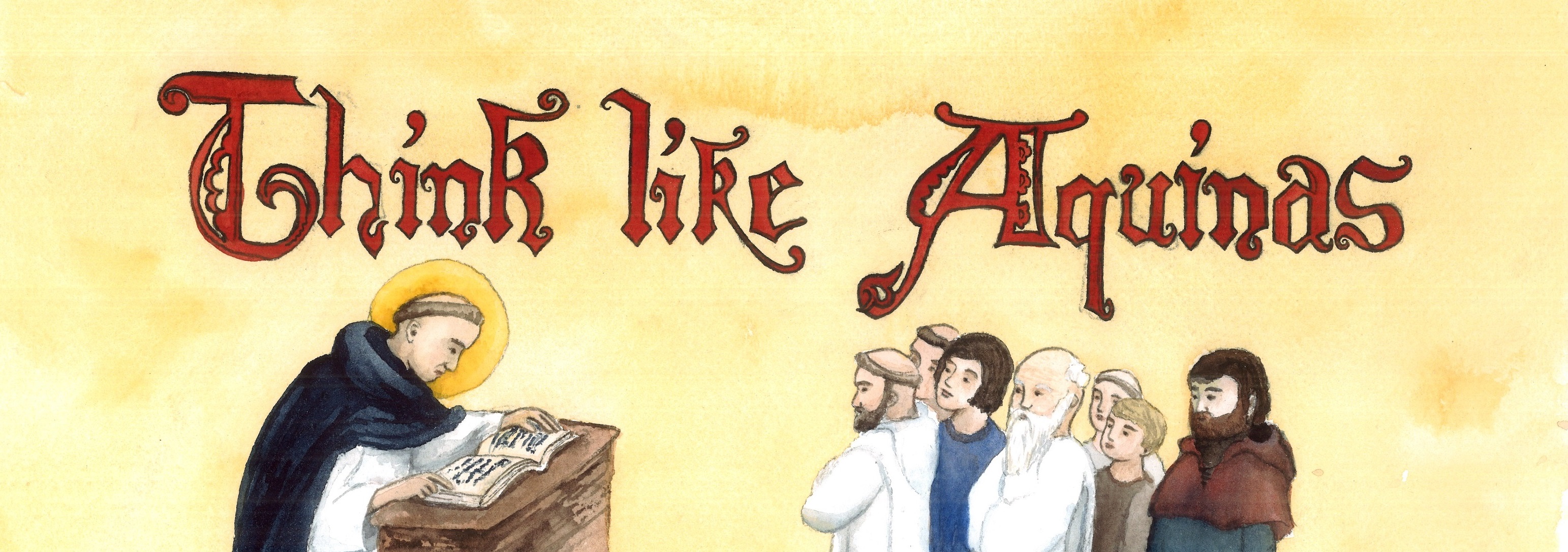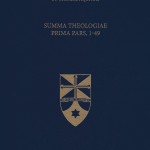In Article 2, When St. Thomas asks whether theology is a science, he does not mean to ask whether theology is an empirical discipline that proceeds by forming hypotheses. Rather, he means to ask whether theology is a “science” in the Aristotelian sense of a way of knowing things through their root causes.
The objections grab on to attributes of a science taken in this sense. Objection 1 notes that a science has to begin from self-evident first principles, because if the starting points aren’t self-evident then the science doesn’t really get to the roots of things. Objection 2 urges that a science has to deal with universal statements, because the realm of the universal is where intellectual understanding happens: particulars as such are the realm of sense experience.
In the body of the article, St. Thomas introduces his key contention: the direct vision of God, enjoyed by God and by the saints in heaven, is a science in the sense of a way of knowing things through the root. This is a great example of how the Summa is not a book of geometrical theology proceeding in a straight line from assumptions to proofs, because St. Thomas has not yet said anything at all about the character of God’s knowledge or of the Beatific Vision. But if we reach forward and grab what he will say, then we can fill in his argument here.
God is the first efficient cause of all things, the ultimate exemplar (extrinsic formal) cause of all things, and the ultimate final cause of all things. To know God directly is to know the very deepest root of things, the very first cause in every relevant sense of the word. No human science, not even mathematics, is as “scientific” in the Aristotelian sense as the vision of God. Since theology is based on God’s revelation of his own knowledge, theology is based on the super-science.
So the question St. Thomas has to answer is, does this scientific character carry over from the Beatific Vision to its imitator, theology, or is that scientific character lost in transition? It doesn’t seem like it would, because we who study theology do not begin from a self-evident vision of the Godhead but instead begin with faith in the unseen.
St. Thomas appeals to the analogy of the “subordinate sciences” to argue that this scientific character does in fact carry over. The science of perspective does not proceed from self-evident first principles, but it grounds its project in a higher science, namely mathematics, and that higher science does proceed from self-evident first principles. So the fact that theology has to appeal to a higher science is no barrier to theology itself being a science, a knowing of things through the roots.
The analogy shouldn’t be pushed too far, of course. Among the human sciences, there is no case where the lower science is simply a dimmer, less perfect version of the higher science. But the analogy works at the key point where St. Thomas needs it.
In his response to Objection 2, St. Thomas says that theology is not principally concerned with individual facts, but deals with them insofar as they offer good moral example or ammunition for establishing the legitimacy of revelation. This response puzzles me, because theology does deal with the individual man Jesus Christ and with the individual events of his death, resurrection, ascension, and return. St. Thomas himself spends a good deal of the Tertia Pars on those things.
One might say that these individual events, although singular, have nonetheless a universal causation: Christ’s death is the cause of every other individual death to sin, and his rising is the cause of every other individual rising to new life, and so on. In this way theology studying the death of Christ is like ancient cosmology studying the sun, individual in its existence but universal in its effects. Perhaps the “individual events” St. Thomas means to exclude are “individual” not only in their existence but also in that they have little or no effect on the rest of the theological realm. The fact that Abraham camped for a while at Mamre, for example, is not a universal cause of anything.
But having made that distinction, I am still surprised at St. Thomas’s response. Theology, he tells us, depends on the “science” of God and the blessed, the direct vision of the very first cause of all things. But God and the blessed do know individual things like Abraham’s camping at Mamre precisely through knowing the first cause; that is, one difference between human science and God’s knowledge is that God does have changeless, causal knowledge of individual, contingent events. God’s understanding of universal gravitation does not differ in kind from his understanding of what I had for breakfast this morning. Accordingly, the history recorded in Scripture, which claims to be God’s own account delivered through men, differs from merely human history books inasmuch as Scripture gives the ultimate reasons behind, say, a Babylonian ruler’s decision to invade Israel.







Please note: I reserve the right to delete comments that are offensive or off-topic.